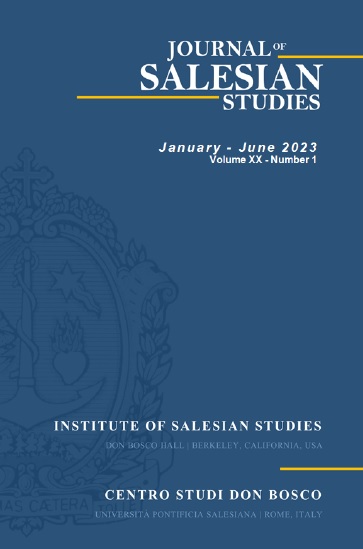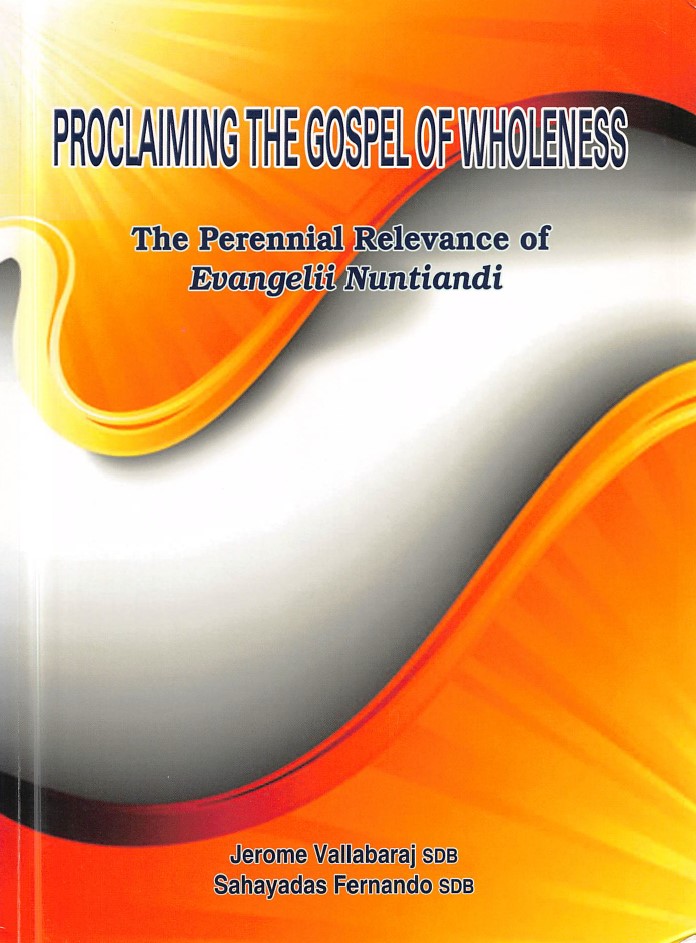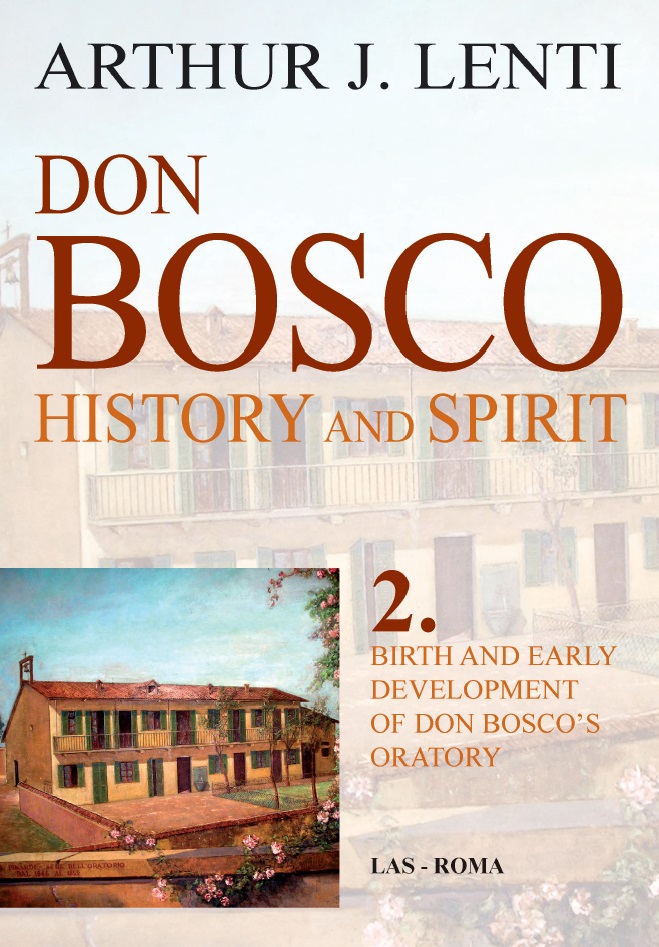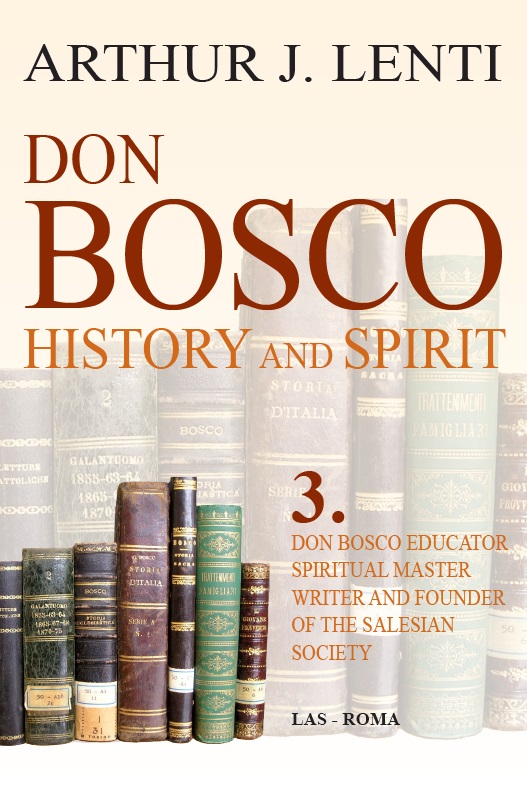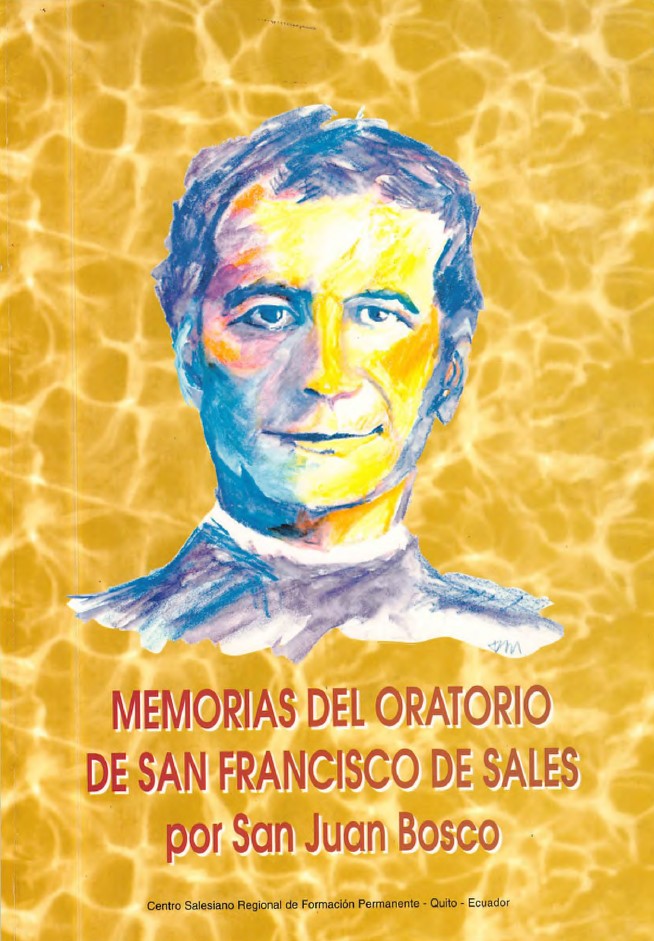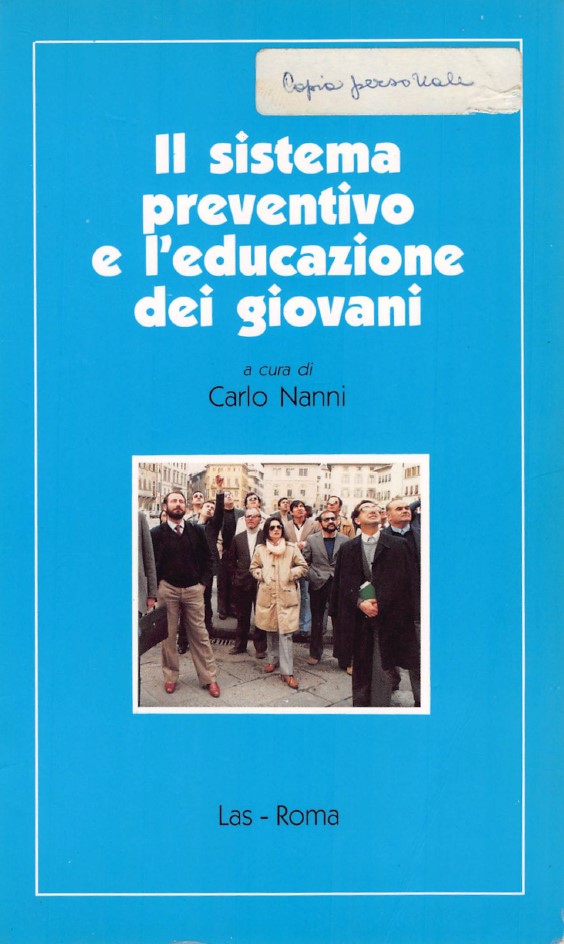Don Bosco’s correspondence is difficult to categorise because of the varied nature of the letters. Many were written by Don Bosco or his secretaries, with the latter often signing on his behalf. The considerable amount of incoming letters, combined with Don Bosco’s declining health in recent years, led to this practice. Continue reading “Wim Collin – “My beloved son…Accompaniment by Don Bosco in the letters to some young people” in “Journal of salesian studies””
